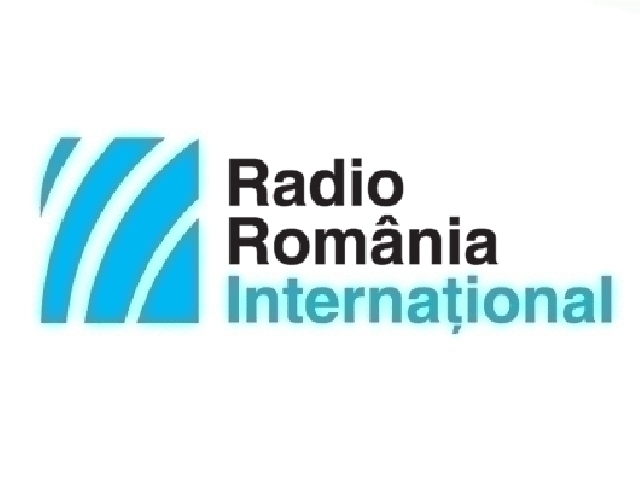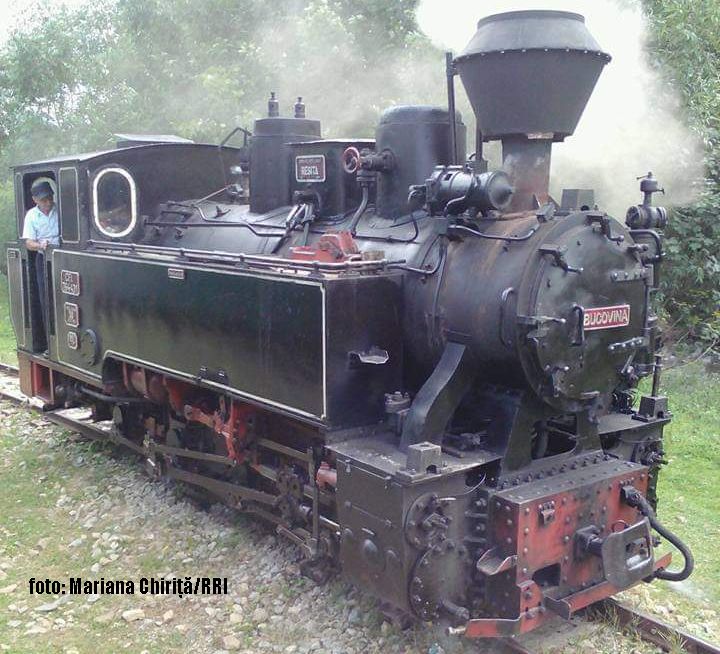Romania’s National Anthems
The history of the national anthem in Romania has been rich in the last century and a half.

România Internațional, 02.01.2016, 18:19
A national anthem is one of the attributes of a national state, a
sign of sovereignty and independence. It emerged in the Western world in the
second half of the 18th century, becoming a powerful tool for
nationalism.
The history of the national anthem in Romania has been rich in the
last century and a half. It begins in the second half of the 19th
century, after Moldavia united with Wallachia, in 1859. In 1862, composer
Eduard Hubsch became the winner of the contest to write an anthem for the
United Principalities. He was a Slovak of German extraction, born in 1833 in
the Habsburg Empire. At the time of the contest, he was a kapellmeister in
Iasi. He had pursued a military career, and his name is tightly knit into the
beginnings of Romanian military music. In 1867 he was appointed general
inspector for military music in the Ministry of War. The anthem composed by
Hubsch was a march without lyrics, titled ‘Triumphal March and the Welcoming of
His Highness the Prince’, and was used up to 1884. This march continued to be
used by the armed forces, and used as music for ceremonies when the head of
state received visits from foreign dignitaries.
In 1881, Romania became a kingdom under Carol I. Hubsch once again
wrote an anthem, ‘Long Live the King’, with lyrics by Vasile Alecsandri. The
poet had written the poem by the same name for the king’s crowning, in 1881,
and the anthem was first heard in 1884. Alongside the National Day, May 10th,
the royal anthem became the most powerful symbol of Romania up to 1948, the
year when Romania was forced into communism. The lyrics spoke of the efforts of
the Romanian nation, embodied by the king, with the help of divinity, to build
a happy and prosperous country. The royal anthem was, especially between 1944
and 1948, a strong expression of support for King Mihai I in the face of
communist aggression and the specter of the country’s subjugation by the
Soviets. Such was its prestige, that composer George Enescu included it at the
end of his ‘Romanian Poem’ symphonic work.
In 1948, after the overthrow of the legitimate democratic rule, the
communist regime replaced the royal anthem with ‘Shattered Shackles’, on a tune
by Matei Socor. The lyrics spoke of a Romania where the working class and the
peasantry had triumphed, glorifying the republic and its happy future, removing
any trace of the previous regime. The anthem of the Romanian People’s Republic
was in use up until 1953, a period dominated by proletarian culture.
After Stalin’s death in 1953, a fourth anthem was adopted, ‘We Hail
Thee, Romania!’ It was once again written by Matei Socor, with lyrics by
communist poets Eugen Frunza and Dan Desliu. Its message was similar to the
previous one, extolling the communists who were building a new country after
overthrowing the bourgeois rule. The republic and the communist party were the
obligatory ingredients, alongside the Leninist societal model. The Soviet
Union, included in the anthem as a source of inspiration for Romania’s new path,
was a new element. Peace and freedom, also figuring prominently, were empty
promises.
After Romania changed its name from the People’s Republic of Romania
to the Socialist Republic of Romania, in 1965, Nicolae Ceausescu decided to
change the anthem once again, replacing it with ‘Three Colors’, composed by
Ciprian Porumbescu in the 19th century, with lyrics based on
patriotic poetry from the 1848 revolutionary period. In 1977, the tune stayed
the same, but the new lyrics were praising the supposed bright future of the
country.
In 1989, the anti-communist revolution chose as its anthem the song
‘Awaken, Romanians!’, composed by Anton Pann, on lyrics by 1848 revolutionary
writer Andrei Muresan. It was the symbol of a rebirth, a return to democratic values,
banned during communist years. In spite of calls to replace it, ‘Awaken,
Romanians’ is a strong reminder of the events of late 1989, when Romanians
regained their freedom.






























